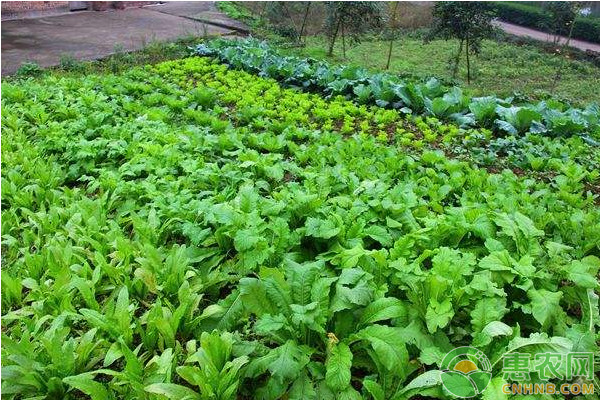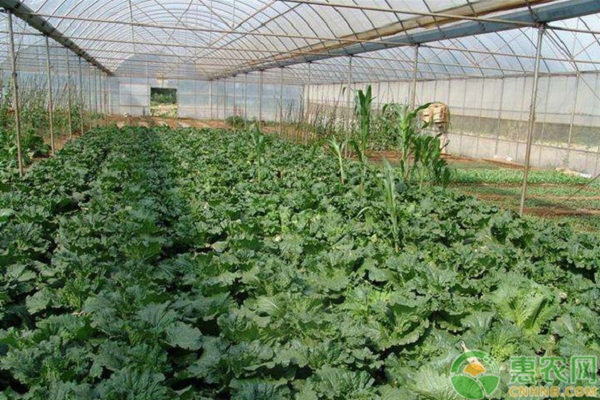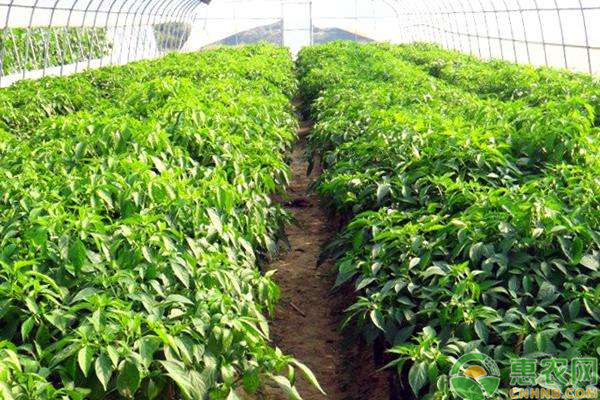During the process of planting vegetables, there will always be many farmers who make various kinds of mistakes. Some mistakes are related to improper use of fat. Have you seen it? The consequences of improper fertilization are quite serious. Poor quality and reduced production will occur. 1. It is not allowed to use ammonium bicarbonate in dry and water-deficient vegetable fields. Ammonium bicarbonate has a wide range of applications, both for crop base fertilizers and crop topdressing, but it must be used in soil wet conditions, no matter how it is used. Because the characteristics of ammonium bicarbonate are not stable, the fertilizer effect is also easy to be volatile. If it is used in the case of drought and water shortage, the ammonium bicarbonate in the soil will be more unstable, and most of the fertilizer effect will be lost in vain, and the crop can be absorbed. The nutrients are very limited, and the effect of fertilization is not promoted. If ammonium bicarbonate is used in the case of soil drought, be sure to water it in time after fertilization. 2. Continued excessive use of phosphate fertilizer is a big taboo Appropriate use of phosphate fertilizer, especially for phosphate-deficient plots, supplementation of phosphate fertilizer has a very good effect on improving crop yield and improving agricultural product quality. If the application of phosphate fertilizer to vegetable fields has been carried out for several years, or if the amount of phosphate fertilizer is too large, the phosphorus content in the soil will be too high, and the crop will be too vigorous due to excessive phosphorus uptake, which will not only cause the consumption of dry matter to be greater than The accumulation of dry matter in crops, and it will cause premature development of crop reproductive organs, which will lead to premature crop maturity, fruit grain development is not full, and plants prematurely premature aging, which will not only cause crop yield reduction, but also cause quality degradation. . In addition, for zinc-deficient plots, long-term use of phosphate fertilizer will cause zinc and phosphorus in the soil to react and precipitate zinc phosphate, which is not absorbed by the crop, which will aggravate the zinc deficiency in the soil and make it more difficult for crops to absorb zinc. As a result, significant zinc deficiency symptoms occur. Generally speaking, ordinary plots can use 15-20 kg of phosphate fertilizer per acre, and the plots of growing fruits and vegetables can be used a little more. 3. Leafy vegetables are not suitable for long-term use of ammonium nitrate Mainly refers to nitrate nitrogen and nitrate. Leafy vegetables (common such as spinach, cabbage, water spinach, celery, etc.) are not suitable for use with ammonium nitrate fertilizers. These vegetables have a short growth period, easily absorb and accumulate nitrate ammonium, and leafy vegetables cannot use ammonium nitrate. Otherwise it is easy to absorb and accumulate nitrate ions. If people eat such vegetables for a long time, they will easily cause poisoning in the body. 4. Do not water immediately after using urea Under normal circumstances, it takes 5-7 days for urea to be used in the soil. The amide in the fertilizer can be converted into ammonium carbonate which can be absorbed by the crop or fixed by soil adsorption under the action of soil microorganisms. If urea is watered immediately after it is used in the soil, the effective nutrients in the fertilizer are lost with water, and the fertilizer effect is greatly reduced. Watering can be carried out 5-7 days after the urea is used, and the effective utilization rate of urea can be improved. 5. Green leafy vegetables should not be sprayed with high concentration of nitrogen fertilizer Appropriate spraying of nitrogen fertilizer solution has the effect of promoting the growth of seedlings, fertilizing leaves and increasing yield. However, if excessive or excessive concentration of nitrogen fertilizer solution is sprayed, on the one hand, the solution leads to burning of the seedlings, and on the other hand, the nitrate in the leaves of the vegetables continues to accumulate, which not only has the risk of reducing production, but also is detrimental to human health after eating. For example, the urea solution is generally sprayed at a concentration of 0.5-1%. 6. Acidic soil and calcareous soil are not suitable for the use of ammonium sulfate Nowadays, many people plant vegetable greenhouses, and most of the greenhouse soils now have different degrees of acidification. If long-term use of ammonium sulfate fertilizer is continued, it will not further aggravate and aggravate the acidification of soil, which will result in vegetable yield and quality. reduce. As with other crops on acidic soils, ammonium sulfate should not be used in large quantities for a long time. In addition to the use of ammonium sulfate in acidic soils, it is also not suitable for the long-term use of ammonium sulfate for the sudden calcareous plots, otherwise it will cause and aggravate the soil compaction, which is very unfavorable for the normal growth and development of crops. Well, the above six vegetables are misunderstood with fertilizer. Have you committed it? Everyone also knows which fertilization precautions can be added, and hopes that every farmer can get a good harvest! Mushroom extracts are mainly polysaccharides and saponins, which have immunomodulatory effects and have recovery effects on some chronic inflammation. Commonly used extracts such as mushroom polysaccharides, ganoderma polysaccharides. Shiitake Mushroom,Pleurotus Ostreatus, Chicken Leg Mushroom Allied Extracts Solutions , https://www.nballiedbiosolutions.com


We provide a variety of high quality mushroom extracts. Products include: flammulina mushroom extract, lentinus edodes extract, Oyster mushroom extract, Ganoderma lucidum extract, White button mushroom extract, Agaricus blazei mushroom extract, etc.